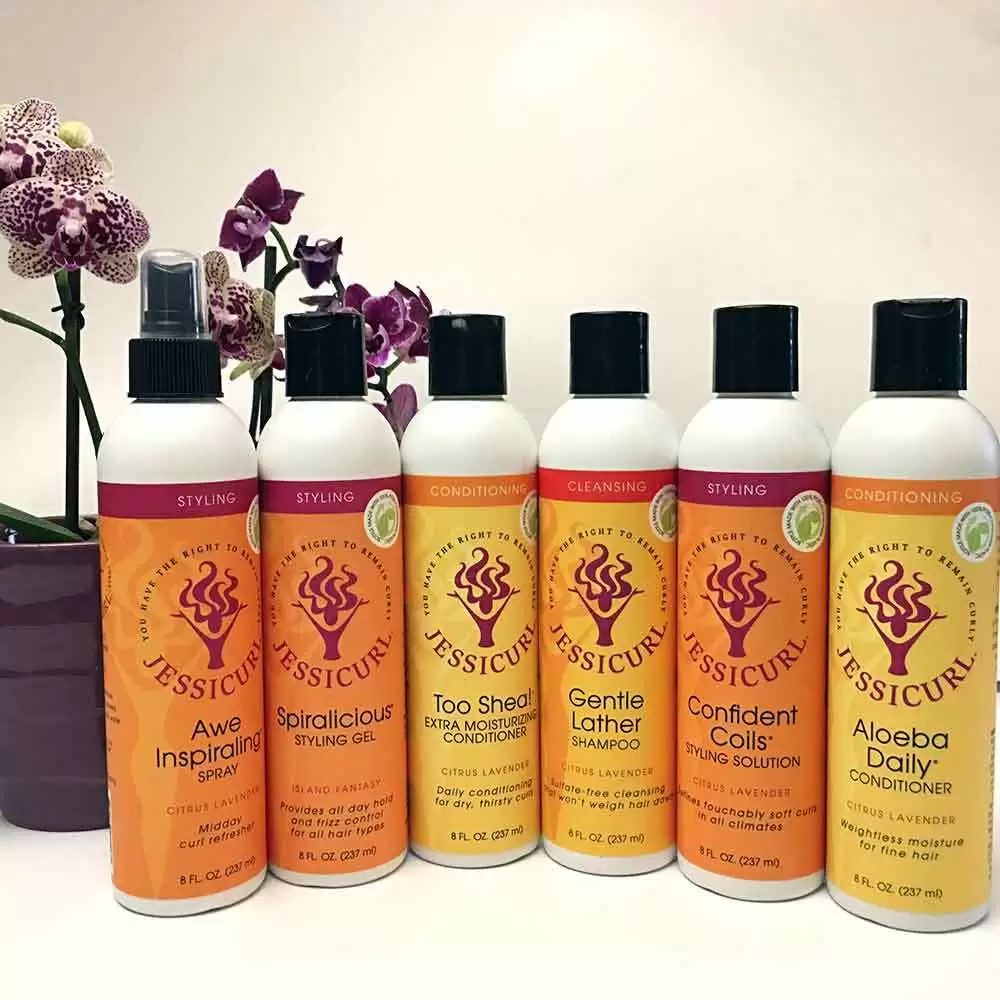Celiac.com 01/06/2025 - A recent study sheds light on the potential link between alopecia areata, a hair-loss condition caused by the immune system, and celiac disease, an autoimmune disorder triggered by gluten. Both conditions are rooted in immune dysfunction, and researchers aimed to determine whether individuals with alopecia areata are at greater risk of developing celiac disease.
The Study's Approach
The study analyzed data spanning from 2005 to 2019 and included a large sample of patients with alopecia areata alongside a matched group of healthy individuals. Specifically, the researchers examined medical records of 33,401 patients diagnosed with alopecia areata and compared them to 66,802 healthy controls. The focus was to identify whether celiac disease occurred more frequently in patients with alopecia areata compared to the control group.
Key Findings
-
Prevalence Rates of Celiac Disease
- Among those with alopecia areata, 1.1% were found to have celiac disease, compared to 0.6% of the control group.
- This nearly doubled the risk, suggesting a strong association between the two conditions. -
Odds of Developing Celiac Disease
- Statistical analysis revealed that individuals with alopecia areata had close to a twofold increased likelihood of having celiac disease.
- The odds ratio of 1.95 confirmed the significance of this connection, and the findings were consistent across all age groups. -
Higher Risk in Older Adults
- The study highlighted that the association was particularly pronounced in patients over 40 years of age. This demographic showed the highest prevalence of celiac disease among the alopecia areata population.
Implications of the Findings
Celiac.com Sponsor (A12):
The study emphasizes the importance of recognizing the increased risk of celiac disease in individuals with alopecia areata. For healthcare providers, these findings underscore the potential benefits of early screening for celiac disease, particularly in older adults with alopecia areata. Detecting celiac disease early can help prevent complications such as nutrient deficiencies, intestinal damage, and other associated health issues.
Why This Study Matters for People with Celiac Disease
For those already living with celiac disease or concerned about its onset, this study adds to the understanding of how autoimmune conditions can overlap. People with alopecia areata may benefit from discussing their risk with their healthcare providers and considering screening for celiac disease if symptoms arise. By highlighting the connection between these two conditions, the study encourages proactive management and improved quality of life for individuals at risk.
Read more at: academic.oup.com









Recommended Comments
There are no comments to display.
Create an account or sign in to comment
You need to be a member in order to leave a comment
Create an account
Sign up for a new account in our community. It's easy!
Register a new accountSign in
Already have an account? Sign in here.
Sign In Now